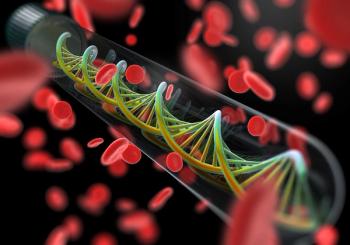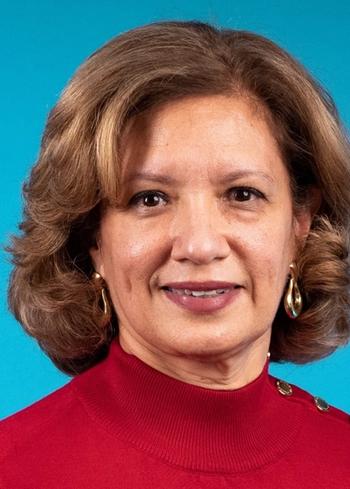
AYA Patients with Cancer Value Early Information on Late Effects, Infertility
AYAs with cancer indicated that they value early information about the risks of late effects and infertility, though many patients also felt that they had not been given this high-quality information.
According to findings published in Cancer, most adolescent and young adults (AYA) with cancer value early information about the risks of late effects and infertility, however many patients also felt that they had not been given high-quality information about these topics.
Given this, investigators suggested that the culmination of age-appropriate late-effect communication strategies that recognize high AYA distress may help to lessen the gap between desired information and perceived information quality.
“Our finding that AYAs with cancer value information about late effects and infertility and consider these risks when making treatment decisions suggests that many AYAs are able to imagine and plan for a future after cancer treatment,” the authors wrote. “However, many find this information distressing, and many feel that they receive inadequate information about these topics.”
Researchers surveyed 201 AYAs with cancer who were 15 to 29 years old and were treated at the Dana-Farber Cancer Institute. Patients were surveyed within 6 weeks of their diagnosis and were questioned about their late-effect and infertility information needs, treatment decision making, and communication outcomes.
The majority of AYAs (87% [173 of 200]) deemed information about the risks of late effects to be extremely or very important, and 80% (159 of 200) specifically valued information about infertility. Moreover, many were distressed by information about late effects (53% [105 of 200]) and infertility (45% [89 of 200]). Notably though, those who considered late-effect information distressing were more likely to value this information (P < 0.0001).
Overall, consideration of late effects (41% [82 of 201]) and infertility (36% [72 of 201]) largely affected the decision making of many patients. Furthermore, though 92% of the patients (184 of 199) reported receiving high-quality information about their diagnosis, 57% (113 of 199; P < 0.0001) and 65% (130 of 199; P < 0.0001) felt that they had received high-quality information about late effects and infertility, respectively.
“The transition from focusing on the present to a future orientation is an important component of AYA psychosocial development that may have substantial implications for health and well-being,” the authors wrote. “Although providers may hesitate to offer information about late effects to those who are visibly distressed by this subject, AYAs seem to value information about potential late effects even if they find this information upsetting.”
Though many AYA patients are treated at similar facilities, investigators indicated that future research should explore the communication preferences of more susceptible populations. Even further, researchers indicated that they could not determine the actual risks of infertility or late effects faced by the participants. Therefore, a larger multicenter study is required to confirm these findings and evaluate the impact of different information provision practices across centers and disease groups.
“Because of the high levels of distress associated with information about the risks of late effects and infertility, which may inhibit AYAs’ abilities to fully process and engage with provided information, thoughtful approaches to communication are needed,” the authors concluded. “We must develop and test optimal ways of providing this information in a timely and sensitive manner to meet AYAs’ information preferences, to facilitate treatment decision making, and to support their vision of life after cancer treatment.”
Reference:
Greenzang KA, Fasciano KM, Block SD, Mack JW. Early Information Needs of Adolescents and Young Adults About Late Effects of Cancer Treatment. Cancer. doi:10.1002/cncr.32932.
Newsletter
Stay up to date on recent advances in the multidisciplinary approach to cancer.
Related Content













































